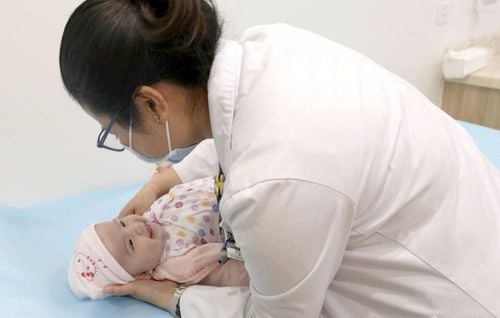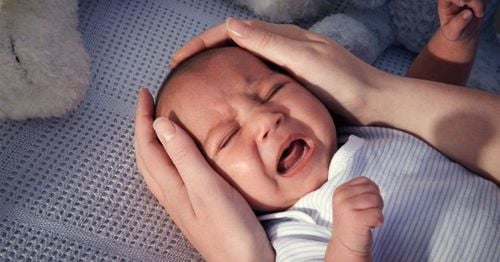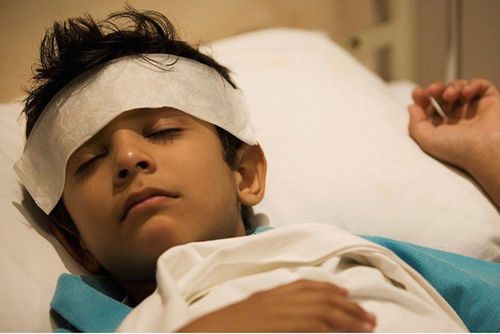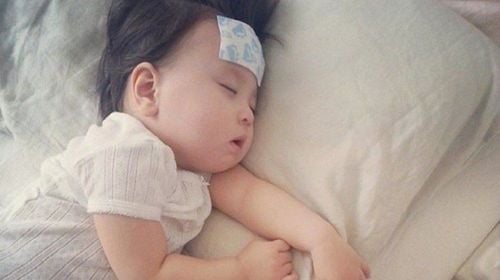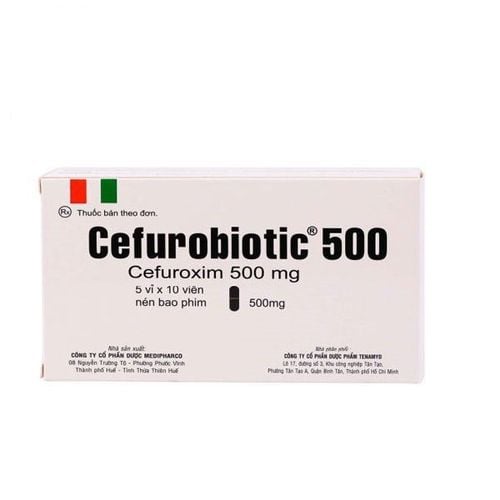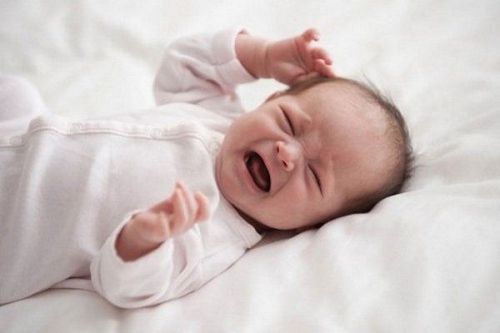This is an automatically translated article.
The article was consulted professionally with BS. Nguyen Hai Ha - Head of Vaccine Unit - Pediatric Outpatient Department - Pediatric Center - Vinmec Times City International Hospital.Japanese encephalitis is a common infectious disease in the Asia-Pacific region, with no specific treatment, with an incidence of 67,900 cases/year (incidence rate: 1.8/100,000 population), mortality rate is 25-30%, 50% of patients live with severe neurological sequelae.
After many years of expanding vaccination against Japanese encephalitis vaccine (since 1997), the number of cases has decreased rapidly, but the risk remains for young children. Therefore, families need to get their children vaccinated against Japanese encephalitis at the right time and ensure the full number of shots according to the recommended vaccination schedule of the Ministry of Health to best protect children.
1. Severe sequelae of Japanese encephalitis
Summer is the peak period for encephalitis epidemics, including Japanese encephalitis (common in children under 15 years old). Japanese encephalitis has a high mortality rate (25-30%) and often leaves sequelae in pediatric patients. It is estimated that 3 billion people are at risk in 24 Asian countries, including 700 million children under the age of 15. In Vietnam, Japanese encephalitis circulates throughout the country. In the South, the disease is often scattered all year round. In the North, the disease circulates seasonally from April to October, which is the rainy season, peaking in June and July. Outbreaks are usually concentrated in the Northern midland plain. Tran Thi Thu Huong in 2018 on the causes of acute encephalitis at the National Children's Hospital (published in the Journal of Malaria and Parasites Prevention, 4 (106), 93-102) also recorded received from 2014-2016, there were 861 cases of encephalitis at the National Children's Hospital, the viral cause accounted for 77.5%; Of this cause, the Japanese encephalitis group accounted for 72.7%. The mortality rate from Japanese encephalitis is also quite high (25-30%). This is also a concern of families with young children.Death from Japanese encephalitis usually occurs in the first 7 days, when the patient shows signs of deep coma, convulsions and symptoms of medullary damage. Although the patient can survive, it will also leave serious sequelae, most commonly mental disorders, movement disorders, and impaired communication.
After the patient has Japanese encephalitis, early complications may appear including: respiratory failure, bronchitis, pneumonia. Or, during the treatment, there may be pyelonephritis, bladder infection due to urinary catheterization or catheterization. In addition, patients may have ulcers, thrombophlebitis, nutritional disorders due to long lying down. Possible early sequelae are: Paralysis or hemiplegia, speech disorders, convulsions, impaired motor coordination, severe memory loss, mental disorders. The late sequelae that patients may experience are hearing loss or deafness, neurological disorders... In addition, patients may also experience late sequels appearing after several years or even decades. years like epilepsy and Parkinson's.
2. Get Japanese encephalitis vaccine as recommended
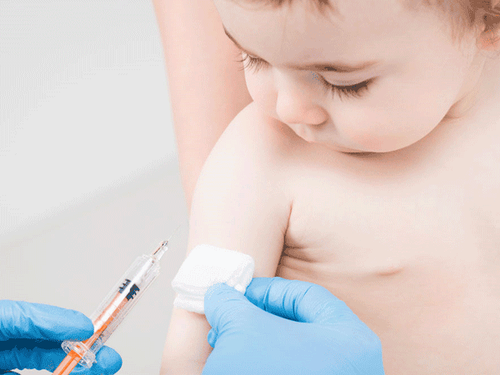
People of all ages can get Japanese encephalitis, but mostly children under 15 years of age. In particular, the group with the highest risk is children from 2 to 6 years old (accounting for about 75% of the total number of cases). It is worth mentioning that up to 80% of cases are due to non-compliance with the Japanese encephalitis vaccination schedule recommended by the Ministry of Health.
In the Expanded Immunization Program, children from 12 months of age are recommended to start vaccination against Japanese encephalitis, children from 1 to 5 years old will be vaccinated against pneumonia free of charge. Japanese brain at the local ward and commune health stations where they live.
In addition, in the service vaccination program, there is the Japanese encephalitis vaccine Imojev of France's Sanofi Pasteur - made in Thailand, which can be vaccinated early for children from 9 months of age and can be vaccinated for both adults.
3. How many injections of Japanese encephalitis?
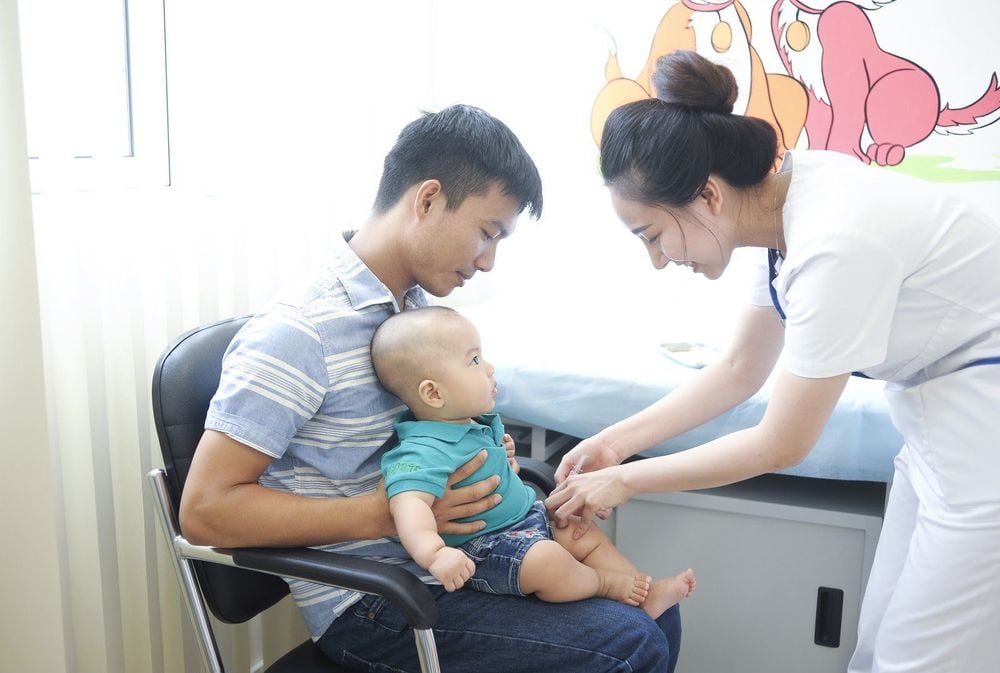
When the child is 12 months old: Start the 1st dose of Japanese encephalitis vaccine 1 - 2 weeks later: The child gets the 2nd dose 1 year later: The child gets the 3rd dose After that, every 3 booster injection once a year until the child is 15 years old.
In terms of effectiveness, if only vaccination against Japanese encephalitis 1st dose is given, there is no protective effect. With 2 injections, the protective effect can reach over 80%. When injecting 3 doses, the effectiveness reaches 90-95% in about 3 years. Therefore, children need to be vaccinated again every 3 years until 15 years of age.
In the Service Immunization Program, there is an additional vaccine against Japanese encephalitis Imojev of Sanofi Pasteur of France - made in Thailand, which is a live attenuated, recombinant vaccine with yellow fever virus. After completing 3 or more basic doses of Jevax vaccine, the Japanese encephalitis regimen can be completed with a single dose of Imojev vaccine. Imojev vaccine can be given to children from 9 months of age and older with the recommendations of the Ministry of Health as follows:
From 9 months to under 18 years old: 2 injections 1-2 years apart From 18 years and older: single injection. According to the recommendations of the Ministry of Health and experts, families should not be too worried or refer to inaccurate information sources about vaccines that ignore the most optimal means of protecting children today. Vaccination against Japanese encephalitis is an effective and necessary way to prevent the disease, especially at the current peak epidemic season.
Vinmec International General Hospital system is a prestigious vaccination facility for vaccination against diseases including Japanese encephalitis vaccine with many advantages as follows:
Before vaccination, all Customers are screened before injection with specialist doctors to ensure the best health when vaccinated. The doctor will advise the family on age-appropriate preventive vaccines according to the latest recommendations of the Ministry of Health & World Health Organization as well as how to monitor the reaction after vaccination. A team of experienced, professional doctors and nurses who understand young psychology helps families feel secure during the vaccination process. 100% of vaccinated customers are monitored and re-evaluated before leaving. Post-vaccination monitoring room is fully equipped with emergency facilities; the team of doctors - nurses are trained in anaphylaxis emergency management to ensure timely and correct treatment when an incident occurs. In addition, Vinmec Hospital system always has an emergency team ready to coordinate with the vaccination room to handle cases of anaphylaxis, respiratory failure - circulatory arrest to ensure that customers are vaccinated safely. best. The vaccination room is airy, with a play area, helping children feel comfortable as if they are walking and have a good mentality before and after vaccination. Vaccines are imported and stored in a modern cold storage system, with a cold chain meeting GSP standards, with a refrigerator containing the vaccine at each injection room being a dedicated refrigerator. can ensure a temperature of +2 degrees Celsius to +8 degrees Celsius when the power is out within 24 hours, in order to keep the vaccine in the best condition to ensure quality. Currently, Vinmec is building software that can check injection history, send reminder messages so that parents/customers don't forget the vaccination schedule via computer, phone conveniently. Vaccination information will be synchronized with the national immunization information system.
Please dial HOTLINE for more information or register for an appointment HERE. Download MyVinmec app to make appointments faster and to manage your bookings easily.





